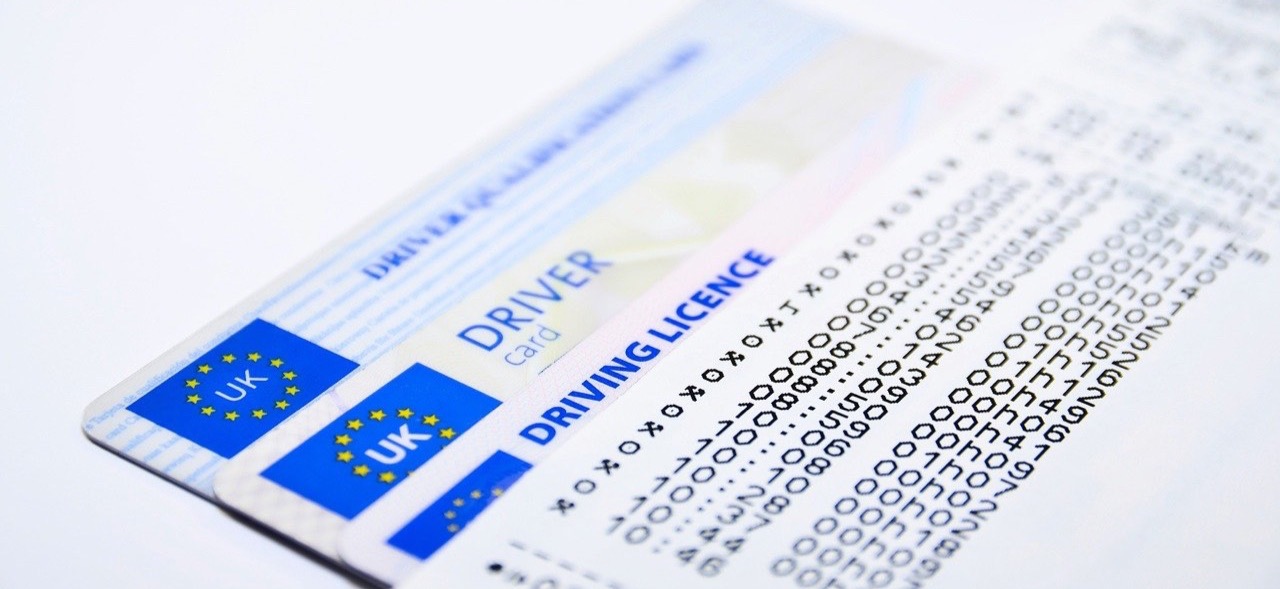Right now, in your wallet, there’s a single card that can reveal a significant amount of your personal information to an identity thief — enough to make purchases or cash checks in your name. It’s your driver’s license. In most states, a driver’s license contains not just your name and address but also your birthdate and identifying characteristics like height and weight (plus a photo). The magnetic strip or barcode on the back is like a credit card, potentially giving anyone who swipes your license through a scanner even more information. If this information falls into a thief’s hands, it can leave you susceptible to identity crime. Your physical license is also valuable to criminals – Social Security numbers only sell for $2 on the dark web, but driver’s licenses sell for between $20 and $80 apiece.

How do identity thieves get someone’s Driver’s License?
People may provide easy access to their information accidentally or by behaving carelessly. These examples include:
- Accidentally downloading spyware and malware on their computers.
- Not protecting their mobile phones or computers with passwords.
- Taking a picture of their driver’s license or student ID and posting it on social media.
How to prevent Driver’s License Fraud
Retail customers often are asked for their ID to purchase or return an item and then are surprised when the cashier swipes the card instead of using it for simple verification. In other instances, doctor’s offices or financial services may request to make a photocopy of your driver’s license. It’s important to understand where it is appropriate to allow your license to be scanned or copied, and when it’s OK to protest.
Depending on state laws, the merchant or third-party system collects a digital record of your personal information when your license is scanned. Obviously, this shouldn’t be necessary to make routine purchases or gain entry into an age-restricted event. You should only allow your license to be scanned when required by law (e.g., dealing with police or picking up a prescription at the pharmacy).
This caution might seem like a hassle, but your identity is worth it. Just because license scanning and copying have become common practice doesn’t mean it shouldn’t be cause for concern. If you feel like your information is being collected unnecessarily, speak up — you could be preventing driver’s license identity theft.
And remember, Bitdefender Identity Theft Protection is here to help protect your identity: monitoring your information, including your driver’s license, and alerting you to any suspicious activity.